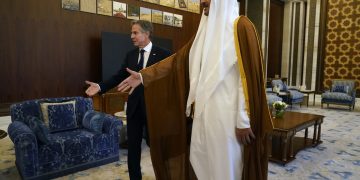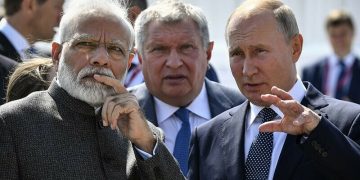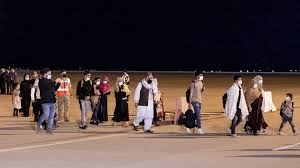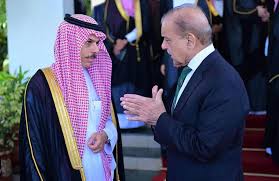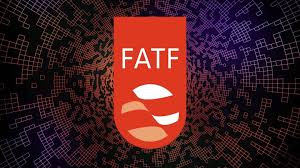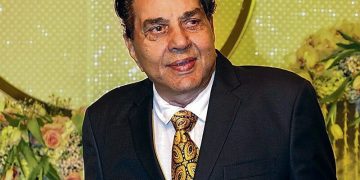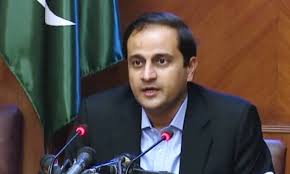Pakistan on Wednesday launched a dossier, released by Islamabad Policy and Research Institute (IPRI), on the atrocities and exploitation of religious minorities in India.
Interim Prime Minister Anwaarul Haq Kakar launched the dossier during the annual Margalla Dialogue 2023 conference on ‘Evolving World Environment: Charting the Course for Our Future’ in Islamabad.
According to the document, the Indian government – since 2014 – committed atrocities against minorities, while discriminatory laws and campaigns on local media contributed greatly to the violation of rights of the minorities.
The dossier pointed out that Hindutva ideologues are destroying places of worship of minorities.
In 2021, 294 incidents of hate crimes were reported against Muslims, Christians and Sikhs, and hundreds of churches were burned in Manipur, it stated.
“Dozens of historic mosques remained under attack across India and faced threats of destruction or evacuation,” it noted.
Furthermore, the dossier stated more than 1,600 mosques in India are being targeted by a media campaign, while 24,496 religious places have been taken into government custody in India-held Kashmir.
“The worst genocide in history is going on in India against Muslims, and as a signatory to the international conventions, India is bound to stop the genocide,” it added.
It urged the international community to force India to stop human rights violations while fulfilling its obligations under international conventions.
Addressing the conference today, PM Kakar termed Hindutva ideology in Indian society as “a recipe for disaster”.
He said contrary to the ongoing persecution in India, the minorities in Pakistan were sharing their destinies with Pakistan having deep entrenched roots in business as well as society.
The prime minister, who had also been the IPRI’s board member, highlighted the potential for connectivity with the countries in the region including India, and said Pakistan never shied away from establishing trade links with India but it could not beg that as trade should be for mutual benefits.
However, he said before such links, it was essential to speak out on the Kashmir conflict as without addressing that issue, it was challenging to have normal relations with the current Indian regime.
He told the gathering that the Kashmir issue demanded attention aligned with the aspirations of its people as despite promises and UN guarantees, the Kashmiris could not be given their right to self-determination. Postponing the issue is not a solution as the historical resilience against colonization is evident, he added.
The prime minister said Pakistan was faced with the challenge of non-state actors but the country was prepared to respond that, without needing anyone’s tangible assistance.
Giving a historical account of human history to the formation of modern-day political groups, the prime minister said amidst the containment policy, China arose to become the second biggest economy of the world.
He said, unlike India, Pakistan never incentivized the conflicts.
Prime Minister Kakar said the country was ready to give a push to its economy by exploiting its potential of land and mineral resources and that the energies of a huge youth population needed to be channelised which was yet under-invested in terms of human resource as well as skill development.


